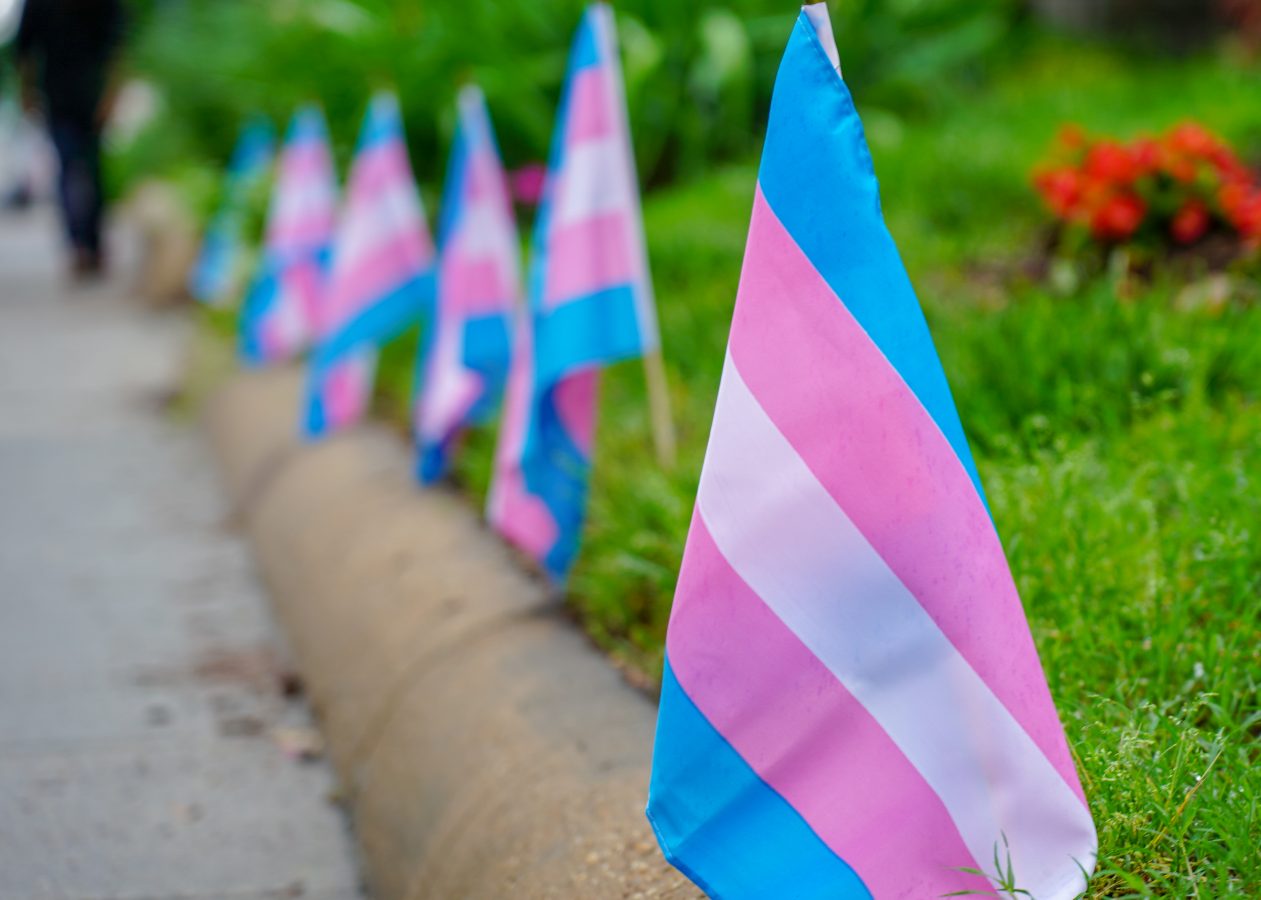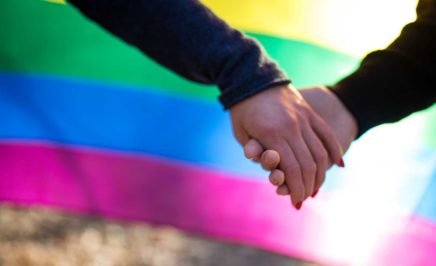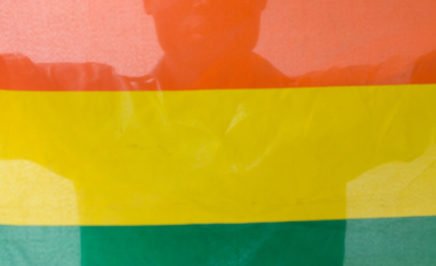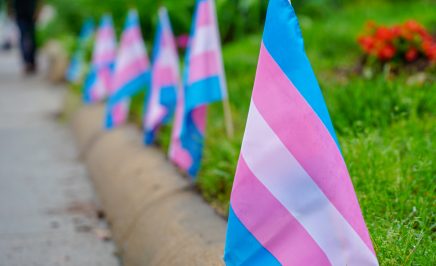Responding to the murder of a transgender woman in North Jakarta, Amnesty International Indonesia Executive Director Usman Hamid said:
“This despicable murder must be investigated urgently. It would not be the first time that LGBTI people in Indonesia have been violently targeted simply for who they are.
“Without prompt action from the authorities to cast light on this horrifying crime and bring perpetrators to justice, transgender people in Indonesia will feel even further neglected and vilified by their government.
“The authorities must also take this appalling murder as a wake-up call and repeal its laws that criminalize specific gender identities.”
Background
On 6 April 2020, a transgender woman named Mira was burned to death in North Jakarta. She was accused of stealing a truck driver’s phone and wallet.
Two alleged perpetrators are under arrest, while three more are still on the run.
In 2017, another transwoman named Zoya (30) from Bekasi, West Java, was burned to death due to an accusation that she had stolen an amplifier from a local mosque.
In the past few years, LGBTI people in Indonesia have faced increasing crackdowns from the authorities. On 10 January the Mayor of Depok, Mohammad Idris, asked authorities including the municipal police (Satpol PP) to sweep rented residencies (including rented houses, apartments, and dorms), in order to stop what he called ‘immoral’ acts. He labelled his campaign a ‘prevention toward the spread of LGBTI’ in his city.
In November 2018, Satpol PP in Padang, West Sumatra, arrested ten women accused of same-sex relations after one of them posted a photo of her kissing and hugging another woman on Facebook.
On 27 January 2018, police raided beauty salons where several transgender people worked. Individuals assumed to be transgender women by the North Aceh Police Force were arbitrary arrested, humiliated and tortured. Although released without charge the next day, the individuals remain deeply traumatized, with some having lost their jobs and others being forced to flee due to concerns for their safety
Article 26 of the International Covenant on Civil and Political Rights (ICCPR) and General Comment No. 18 on non-discrimination prohibit any discrimination and guarantee to all persons equal and effective protection against discrimination on any ground such as race, colour, sex, language, religion, political or other opinions, national or social origin, property, birth or other status.
In addition, Article 7 of the ICCPR and General Comment No. 20 on Article 7 of the ICCPR also stipulates that no one shall be subjected to torture or to cruel, inhuman or degrading treatment, or punishment.








